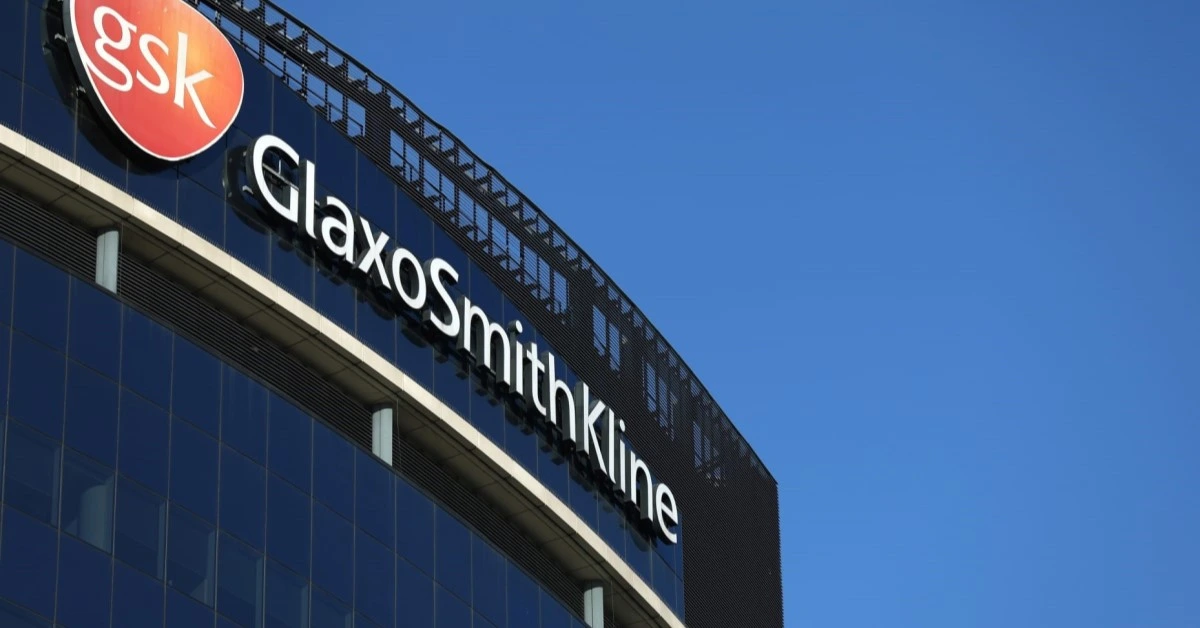
U.K. – Continuing its longstanding commitment to addressing lupus, GSK is set to enhance its treatment portfolio through a significant investment.
More than a decade after launching the market’s first lupus drug, Benlysta (belimumab), GSK is making another major move by acquiring a promising clinical-stage T-cell engager from Shanghai-based Chimagen Biosciences for an upfront US $300 million.
This acquisition aims to provide solutions for patients who do not respond to existing therapies.
The drug at the heart of this deal, CMG1A46, is a bispecific antibody currently undergoing Phase 1 clinical trials for cancer in the U.S. and China.
CMG1A46 functions as a T-cell engager by binding to CD19 and CD20 surface proteins, which helps in the targeted depletion of malfunctioning B cells.
GSK highlights that this mechanism could reduce typical T-cell engager toxicities, given the drug’s low affinity for the CD3 protein.
“Preclinical data has demonstrated rapid and deep B cell depletion in both the bloodstream and tissues, potentially leading to longer-lasting patient responses,” GSK stated.
This promising profile positions CMG1A46 as a potential game-changer for severe forms of lupus that fail to respond to current treatments.
Development plans and financial implications
Pending regulatory approval, GSK plans to initiate a Phase 1 trial focusing on lupus in 2025.
Under the agreement terms, Chimagen Biosciences stands to earn an additional US $550 million contingent on achieving specific development and commercial milestones, bringing the total potential value of the deal to US $850 million.
The move by GSK mirrors industry trends where pharmaceutical giants are exploring the potential of bispecific antibodies traditionally used in cancer for autoimmune diseases.
This shift was inspired by academic findings showing CAR-T cell therapies, known for treating blood cancers like lymphomas and leukemias, may also have significant efficacy in autoimmune disorders.
Such data has ignited a wave of new research from numerous drug developers seeking simpler, more accessible therapies.
“Through work in multiple types of lupus, we increasingly understand the underlying drivers of B cell-driven diseases,” said Tony Wood, GSK’s chief financial officer.
“CMG1A46, with its targeted B cell depletion approach, presents an exciting opportunity to address significant unmet needs in lupus and related autoimmune conditions.”
Current and emerging treatments in Lupus
Lupus, particularly systemic lupus erythematosus (SLE), is characterized by the immune system attacking its own tissues, causing inflammation and potential organ damage.
Up to 48% of patients may face organ damage within five years of diagnosis, and disease flares exacerbate this risk.
GSK’s Benlysta, approved by the FDA in 2011, has been the leading treatment, despite recent competition from AstraZeneca’s Saphnelo.
In 2020, the FDA approved Benlysta for the treatment of adult patients with active lupus nephritis (LN), making it the first FDA-approved treatment for this condition.
Meanwhile, other pharmaceutical companies are advancing their pipeline drugs: AbbVie’s JAK inhibitor Rinvoq is in late-stage trials, and Bristol Myers Squibb’s TYK2 inhibitor Sotyktu has shown promising data in SLE trials.
Investigational treatments like UCB Pharma’s anti-CD40L drug and Idorsia’s S1P1 receptor modulator are also in the race to redefine lupus care.
XRP HEALTHCARE L.L.C | License Number: 2312867.01 | Dubai | © Copyright 2025 | All Rights Reserved